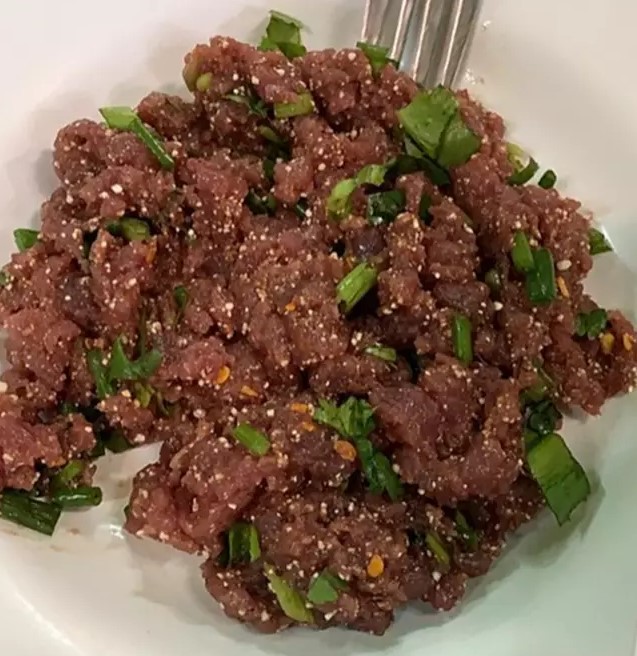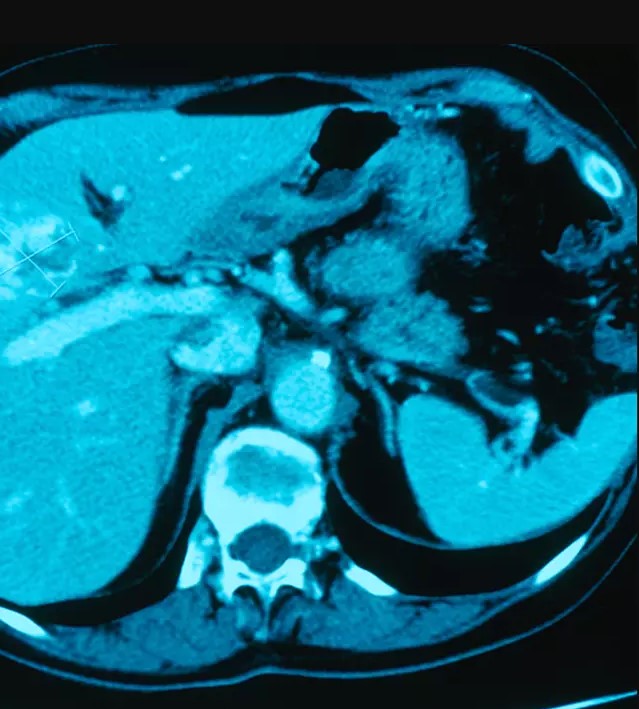
A traditional Thai dish called koi pla, made of raw fish, has been found to cause a deadly form of liver cancer. The dish, native to the Isaan province in northeast Thailand, has been linked to a high prevalence of bile duct cancer in the region. Scientists have discovered that the consumption of koi pla, a cheap plate of raw fish ground with spices and lime, is responsible for up to 20,000 deaths in Thailand each year.
The hidden danger: liver flukes
The cause of this deadly cancer is not a specific ingredient in koi pla, but rather the presence of parasitic flatworms called liver flukes in the raw fish. These microscopic parasites are commonly found in freshwater fish in the Mekong region. When ingested, the liver flukes can infect the human body and eventually lead to the development of cholangiocarcinoma, or bile duct cancer. Isaan, where koi pla is most popular, has the highest reported incidence of this type of cancer.
One doctor's mission to raise awareness
Dr. Narong Khuntikeo, a doctor from the Isaan region, has been working tirelessly to raise awareness about the dangers of koi pla. He tragically lost both of his parents to cholangiocarcinoma and has since organized a team to test villagers for the presence of liver flukes. Shockingly, up to 80% of inhabitants in some communities were found to have ingested the parasites.
Recognizing the symptoms
Symptoms of cholangiocarcinoma can be difficult to detect, but it is important to seek medical attention promptly if experiencing any of the following: yellowing of the eyes and skin (jaundice), itchy skin, darker urine and pale stools, loss of appetite, fatigue, and abdominal pain.

As more research is conducted on the link between koi pla and liver cancer, it is important for individuals in Thailand and other regions where the dish is consumed to be aware of the potential risks.






